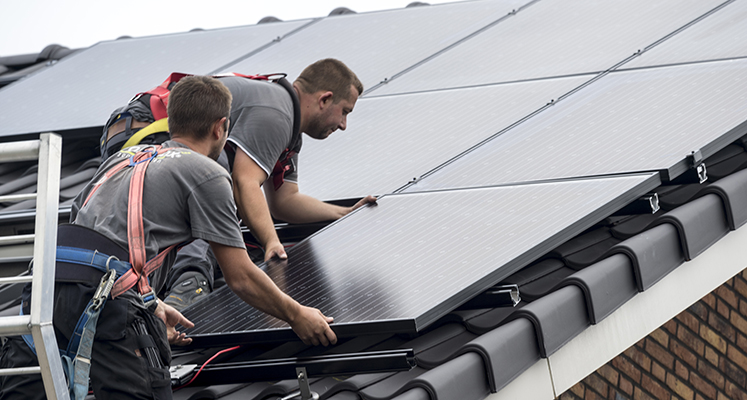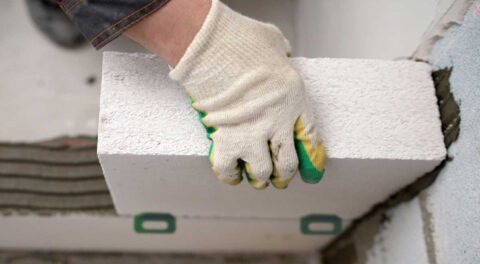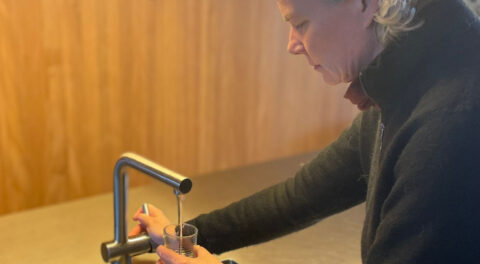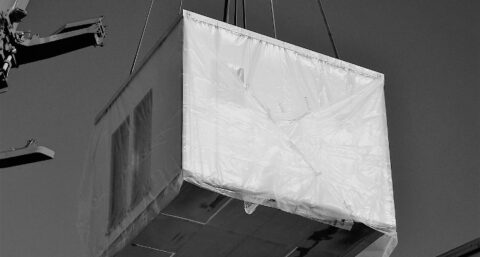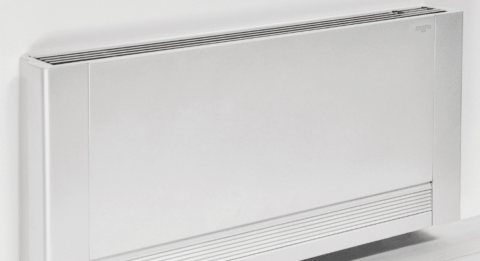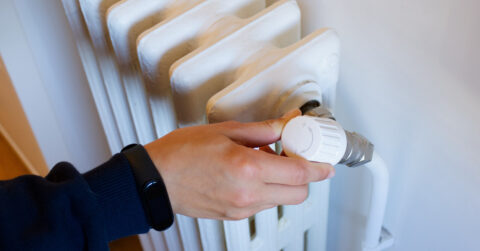The energy-saving scheme for solar panels will go overboard in one fell swoop on January 1, according to the negotiating agreement. The solar industry reacts with outrage. To still make the Netherlands sustainable, a new cabinet should encourage the installation of home batteries. Because the power grid is overcrowded, energy should be generated, stored and consumed locally as much as possible, argues Bram Straten of Windkracht 5.
"This can be done, for example, through smart solutions such as using the electric car that fulfills the role of battery," the expert believes. "That does mean that on sunny days the car has to be at home. Of course that doesn't always work, but it can certainly be part of the solution."
The bottom line is that electricity should ideally be consumed as close as possible to the source of generation. This means that subsidies should be put in place to encourage that behavior. The net-metering scheme is one such, but it has the wrong incentive: on sunny days, it is more beneficial to supply energy back than to use it yourself. "That unbalances the power grid," he says.
Straten: "Should the scheme remain in place, it would ultimately mean that solar panels that have to be switched off on sunny days because the grid is overloaded. That does not benefit the consumer. The net-metering scheme had a good purpose, but in the long run it was doomed to become a wash. Abolition is therefore inevitable."
That there has been a lot of ping-ponging with policy recently leads to a lot of uncertainty regarding payback periods. The good news is that even without the net-metering scheme, solar panels remain a good investment.
Straten concludes, "The net-metering scheme is not sustainable at the bottom line. Since we are not all going to monitor the weather to see when we can use power, the government needs to encourage local storage. That's where the challenge lies."
